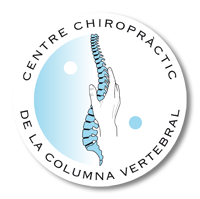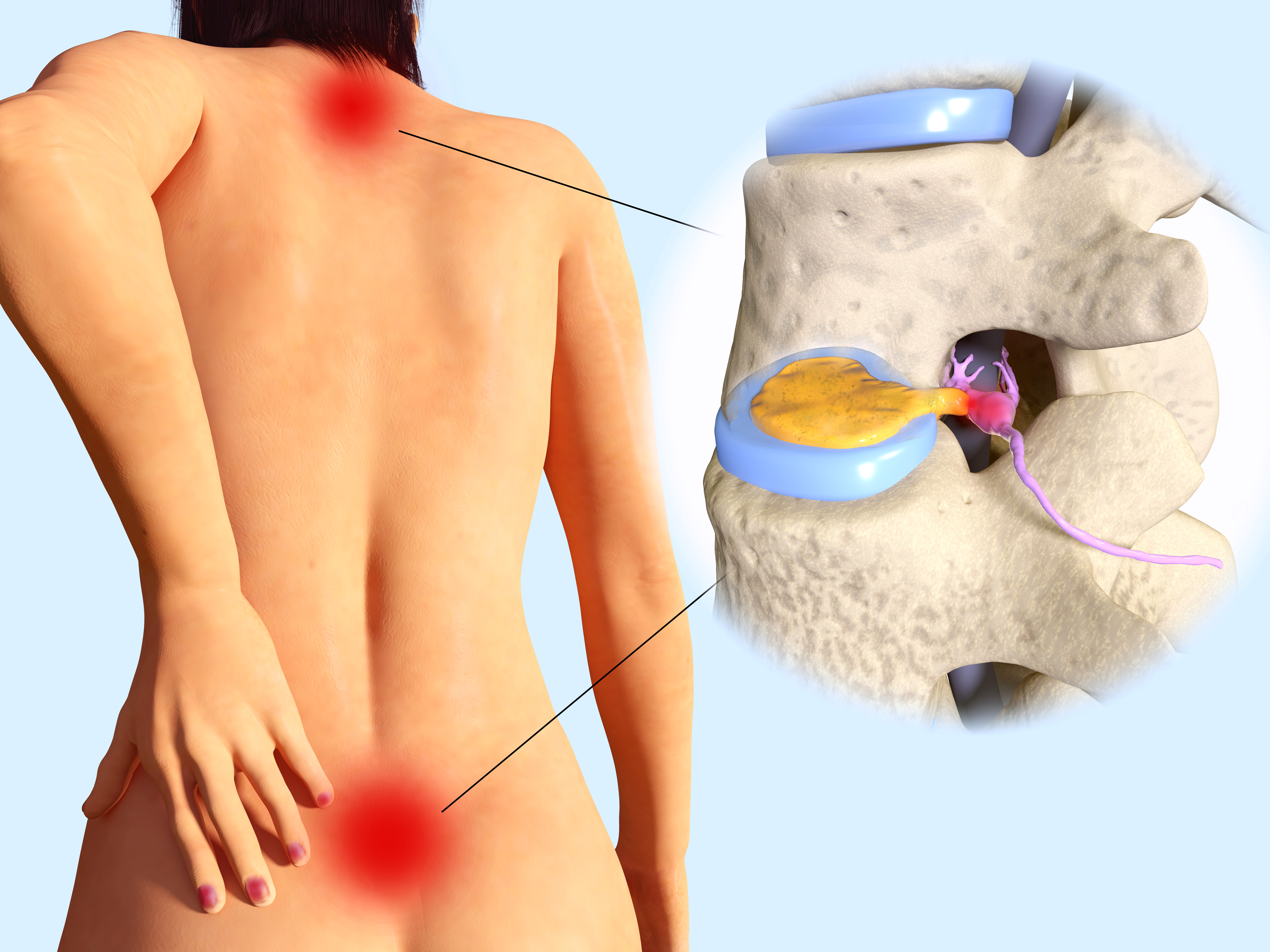Through Chiropractic you can end back, neck, arm and leg pain caused by a pinched nerve. Occasionally, a spinal nerve root may be subject to compression or irritation due to a number of different causes
This compression can cause a lot of pain and discomfort, such as loss of sensation and weakness. When nerve root impingement or irritation occurs, the parts of the body along the nerve pathway are usually the most affected.
Can a chiropractor treat a pinched nerve?
A doctor of chiropractic can absolutely help fix a pinched nerve. In fact, chiropractic care has been shown to be effective in the treatment of neck, back and lumbar spine impingement.
Since the central nervous system travels along the spinal column, where the nerves branch out into the body, it is not uncommon for a bulging or herniated disc to cause a pinched nerve along the spinal column.
A chiropractic adjustment can help relieve pressure on the disc and therefore also relieve pressure on the nerve. Chiropractic treatment is also effective in preventing future nerve problems.
Cervical impingement and its symptoms
A pinched nerve in the cervical spine can generally cause tingling, numbness and/or weakness, spasms, stiffness and muscle tension and it can be the source of headache.
In addition to these neurological deficits, pain is also present in most cases. These signs and symptoms may be felt only in one area, such as the shoulder, or progress along the entire arm and into the hand and fingers; also known as radiculopathy.
Dorsal impingement and its symptoms
Pinching of a nerve in the dorsal area of the spine may result in:
- Muscle stiffness, which restricts range of motion.
- Inability to maintain normal posture due to pain.
- Muscle pain or spasms, either during activity or at rest.
Lumbar impingement and its symptoms
Symptoms of lumbar impingement may include:
- Dull pain in the lower back.
- Dull pain or discomfort referred to the buttocks, hips, thighs or knees.
- A sharp, shooting, radiating pain may be felt from an irritated or compressed spinal nerve in the buttock, thigh, leg and/or foot(sciatica).
- Pain that becomes more pronounced when pressure is applied to the affected area.
- Pain that becomes more pronounced after long periods of inactivity, intense exercise or bending the spine backwards.
Nerve compression treatment
Thanks to chiropractic adjustments, focused on eliminating spinal subluxations, it is possible to restore the spine to normal joint function, restoring mobility and quality of life.
With chiropractic treatment, you can regain your back’s range of motion, reduce pain or discomfort and release nerve compression.
Consider chiropractic treatment to restore the health of your back and prevent relapses. Consult a specialist to evaluate your case.

